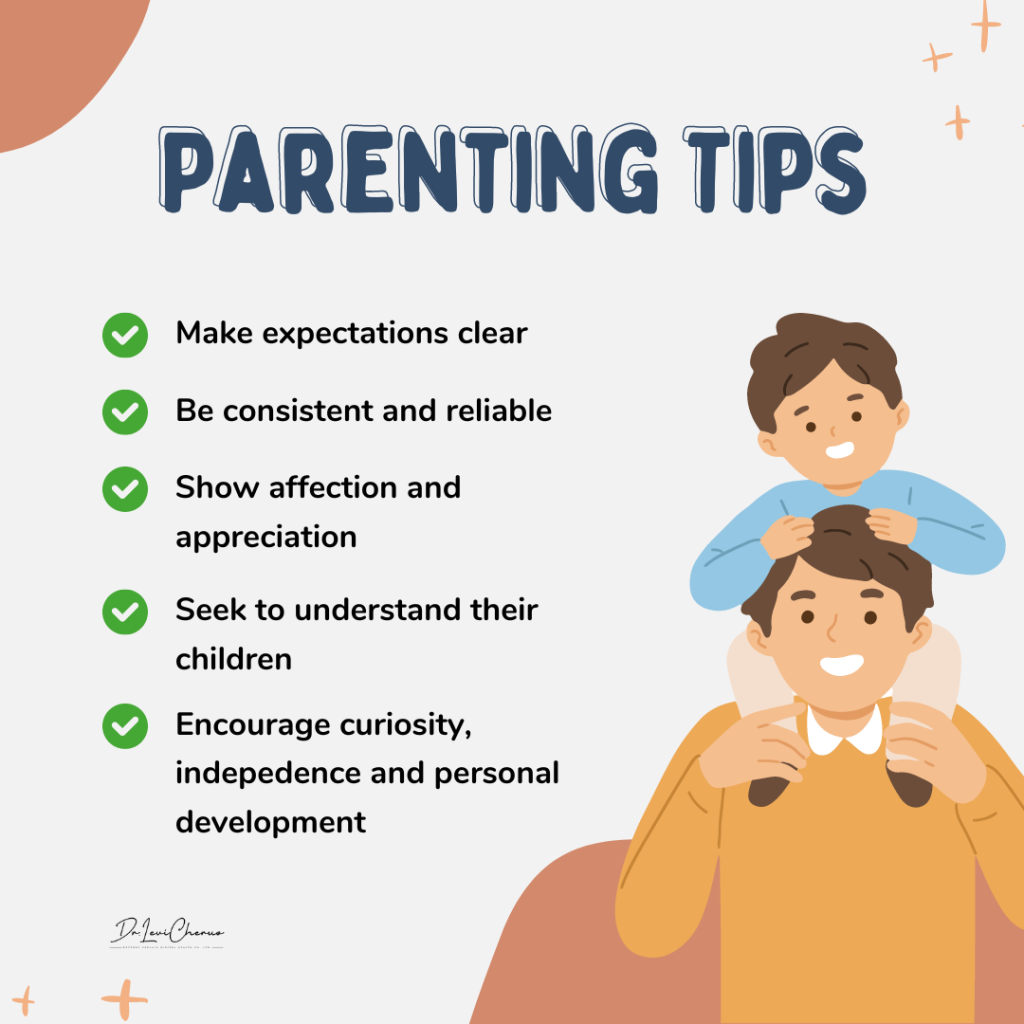
Parental Stress Is a Significant Public Health Issue: Prevention and Management Strategies
- August 31, 2024
- 1 Like
- 1064 Views
- 0 Comments
Parental stress is not just a personal or familial concern; it is a significant public health issue with far-reaching implications. The pressures of modern parenting—ranging from financial struggles to work-life balance, and the challenges of raising children in a fast-paced, ever-changing world—can take a heavy toll on parents’ mental and physical health. This stress can negatively impact not only the well-being of parents but also the development and health of their children, creating a cycle of stress and poor health that can affect entire communities. In this article, we explore the causes and effects of parental stress and discuss evidence-based strategies for its prevention and management.

Understanding Parental Stress: Causes and Consequences
Parental stress arises from a combination of factors that can vary widely depending on individual circumstances. While some stress is a normal part of parenting, chronic or overwhelming stress can lead to serious health problems for both parents and children.
1. Common Causes of Parental Stress
- Financial Pressure:
Financial instability is a major source of stress for many parents. The cost of raising children, coupled with the challenges of managing household expenses, can create a constant source of anxiety. This is particularly true for single parents or families living in poverty. - Work-Life Balance:
Juggling the demands of work and family life is another significant stressor. Parents who struggle to balance their careers with the responsibilities of raising children often experience burnout, leading to emotional exhaustion and strained relationships. - Lack of Social Support:
Parenting can be an isolating experience, especially for those who lack a strong support network. Without adequate social support from family, friends, or community resources, parents may feel overwhelmed and unsupported, exacerbating stress levels. - Child Behavior and Developmental Issues:
Children with behavioral challenges, developmental delays, or chronic health conditions can increase parental stress. Managing these issues often requires additional time, energy, and resources, adding to the overall burden on parents.
2. The Impact of Parental Stress on Families
The consequences of parental stress extend beyond the individual, affecting the entire family unit. Chronic stress can lead to a range of negative outcomes for both parents and children.
- Mental and Physical Health:
Prolonged stress can have serious health implications for parents, including anxiety, depression, hypertension, and other stress-related conditions. These health issues can impair a parent’s ability to care for their children effectively, leading to a cycle of stress and poor health. - Parent-Child Relationships:
High levels of stress can strain the parent-child relationship, leading to less effective parenting and a lower quality of parent-child interactions. This can result in behavioral problems in children, as well as issues with emotional regulation and social development. - Child Development:
Children raised in high-stress environments are at greater risk for a range of negative outcomes, including emotional and behavioral problems, academic challenges, and physical health issues. The impact of parental stress on child development underscores the importance of addressing this issue from a public health perspective.

Prevention Strategies: Supporting Parents Before Stress Becomes Overwhelming
Preventing parental stress requires a proactive approach that involves support from healthcare professionals, community organizations, and policymakers. By addressing the root causes of stress and providing parents with the tools and resources they need, we can reduce the incidence and impact of parental stress on families.
1. Mental Health Support for Parents
- Access to Counseling and Therapy:
Providing parents with access to mental health services, such as counseling and therapy, is crucial for preventing and managing stress. These services can help parents develop coping strategies, process their emotions, and address any underlying mental health conditions. - Parenting Support Groups:
Support groups offer parents a safe space to share their experiences, learn from others, and receive emotional support. These groups can reduce feelings of isolation and provide practical advice on managing the challenges of parenting.
2. Financial and Employment Support
- Family-Friendly Workplace Policies:
Employers can play a key role in reducing parental stress by implementing family-friendly policies, such as flexible work hours, paid family leave, and remote work options. These policies help parents balance work and family responsibilities, reducing stress and improving overall well-being. - Financial Assistance Programs:
Government and community programs that provide financial assistance to low-income families can alleviate some of the financial pressures that contribute to parental stress. Programs such as child care subsidies, tax credits, and food assistance can make a significant difference in the lives of struggling families.
3. Strengthening Social Support Networks
- Community-Based Resources:
Community organizations can offer a range of services to support parents, including parenting classes, child care assistance, and respite care. These resources help parents manage their responsibilities and reduce the burden of stress. - Peer Support Networks:
Encouraging the development of peer support networks, where parents can connect with others in similar situations, can provide valuable emotional and practical support. These networks can be formal, such as organized parent groups, or informal, such as online communities.
Management Strategies: Helping Parents Cope with Stress
Even with prevention efforts in place, some degree of stress is inevitable in parenting. Providing parents with effective stress management strategies is essential for helping them cope with the challenges they face.
1. Stress Management Techniques
- Mindfulness and Relaxation Practices:
Techniques such as mindfulness meditation, deep breathing exercises, and progressive muscle relaxation can help parents manage stress and maintain a sense of calm. These practices are easy to learn and can be incorporated into daily routines. - Time Management and Organization:
Effective time management and organization skills can help parents feel more in control of their responsibilities. Tools such as calendars, to-do lists, and time-blocking techniques can reduce the chaos of daily life and create a more structured environment.
2. Professional Support and Interventions
- Cognitive-Behavioral Therapy (CBT):
CBT is an evidence-based therapeutic approach that can help parents change negative thought patterns and behaviors that contribute to stress. By working with a therapist, parents can develop healthier coping strategies and improve their overall mental health. - Family Therapy:
Family therapy can address relational issues within the family that contribute to stress. This type of therapy involves all family members and focuses on improving communication, resolving conflicts, and strengthening family bonds.
Public Health Initiatives: Addressing Parental Stress on a Larger Scale
Parental stress is not just an individual issue; it is a public health concern that requires coordinated efforts at the community and policy levels. Public health initiatives can play a crucial role in preventing and managing parental stress by creating supportive environments for families.
1. Public Awareness Campaigns
- Educating the Public:
Raising awareness about the impact of parental stress and the importance of mental health support can help destigmatize seeking help. Public health campaigns can provide information on available resources and encourage parents to prioritize their well-being. - Promoting Healthy Parenting Practices:
Campaigns that promote healthy parenting practices, such as positive discipline, effective communication, and self-care, can empower parents to manage stress and create a nurturing environment for their children.
2. Policy Advocacy and Reform
- Advocating for Family-Friendly Policies:
Policymakers can support parents by advocating for family-friendly policies at the local, state, and national levels. This includes pushing for paid family leave, affordable child care, and mental health services for parents. - Addressing Social Determinants of Health:
Public health initiatives should also focus on addressing the social determinants of health that contribute to parental stress, such as poverty, housing instability, and lack of access to healthcare. By tackling these root causes, we can create a healthier environment for families.

Conclusion: A Collective Effort to Support Parents
Parental stress is a significant public health issue that requires a comprehensive and multi-faceted approach. By providing mental health support, financial assistance, and social services, we can help prevent and manage stress in parents, ultimately leading to healthier families and communities. Healthcare professionals, policymakers, and community organizations must work together to address this issue, ensuring that parents have the resources and support they need to thrive.
Curated List of Online Resources
For parents, healthcare professionals, and policymakers interested in further exploring strategies for managing parental stress, the following resources provide valuable information:
- American Psychological Association (APA):
Offers resources on stress management, mental health support, and parenting practices. Link to APA - National Parent Helpline:
Provides emotional support and resources for parents. Link to National Parent Helpline - Zero to Three:
Focuses on early childhood development and offers resources for parents and caregivers. Link to Zero to Three - Centers for Disease Control and Prevention (CDC) – Parental Stress:
Provides information on the impact of parental stress and strategies for prevention and management. Link to CDC - The National Child Traumatic Stress Network (NCTSN):
Offers resources on addressing stress and trauma in families. Link to NCTSN
By taking a proactive approach to preventing and managing parental stress, we can improve the health and well-being of families and build stronger, more resilient communities.



Leave Your Comment